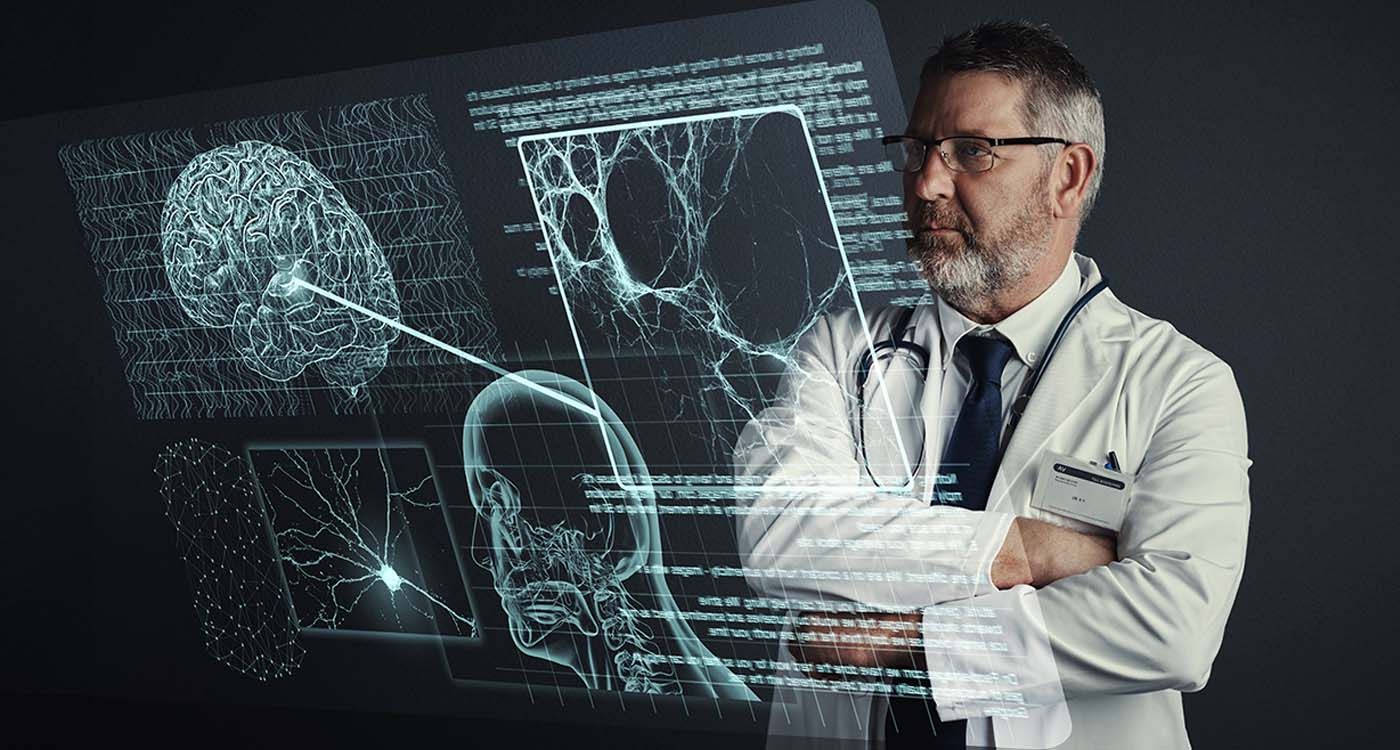
As generative artificial intelligence increasingly integrates classrooms, workplaces, and daily conversations, a recent study from MIT raises a troubling question: Could ChatGPT, by easing our mental workload, be subtly diminishing our intelligence?
A team of researchers at the renowned Massachusetts Institute of Technology (MIT), led by neuroscientist Nataliya Kosmyna at the MIT Media Lab, conducted a preliminary study to explore the effects of ChatGPT on brain activity. Their approach was notably unconventional—combining writing and memory tasks with 32-channel EEG (electroencephalogram) recordings to monitor brain function in real time. The goal: to compare the cognitive impact of using ChatGPT, Google, or no digital tool at all during a writing exercise.
The findings, published in May 2025 under the striking title Your Brain on ChatGPT (MIT Media Lab, 2025), are unsettling. Participants who used ChatGPT showed lower levels of brain activity and reduced neural connectivity—suggesting their brains were less engaged.
The study doesn’t sound the alarm about occasional mental laziness, but rather over what the researchers call “cognitive debt”—a gradual decline in essential mental skills such as memory, creativity, and sustained attention.
In practice, the “ChatGPT group” produced less original writing than participants who received no digital assistance. They also retained less information about the topics they worked on and later struggled to complete similar tasks without AI support. The researchers noted a significant decline in alpha and theta brain waves, which are closely linked to working memory and concentration.
Though still exploratory, this study adds to a growing chorus of scientific concern. A New Yorker column from June 2025 even warns about a “collective mental impoverishment,” where AI not only flattens originality but also shifts the burden of creativity to highly trained—but ultimately soulless—machines (The New Yorker, 2025).
Can Thinking Be Effortless?
The debate goes beyond neuroscience. ChatGPT’s power lies in what it does best: reducing the cognitive load of a task. By generating responses, entire texts, or ideas in seconds, it eliminates the phase of “mental friction”—often tedious, yet essential for learning, creating, and retaining information.
“It’s a bit like handing over your daily commute to a self-driving car,” explains British philosopher Henry Shevlin, an AI expert at the University of Cambridge. “It’s convenient, but over time, you forget how to drive.”
Shevlin adds, “It’s not the tool that’s dangerous—it’s how we use it. AI can help us think, clarify ideas, or organize our thoughts. But if it starts thinking for us, the risk of cognitive disengagement becomes real.”
And that’s precisely what the MIT findings revealed: students who used ChatGPT passively—accepting its answers without questioning, editing, or engaging—showed the sharpest drop in neural activity.
This was further confirmed by follow-up memory tests: participants who simply copy-pasted the AI’s output retained 20–30% less content than those who wrote independently or even conducted their own research on Google.
Conversely, those who used ChatGPT as a collaborative thinking partner—asking follow-up questions, comparing drafts, and refining responses—maintained significant brain activity throughout.
Should We Panic? No. Reflect? Absolutely.
Used thoughtfully, ChatGPT can be a powerful educational tool. It can spark curiosity, broaden access to information, and even help structure complex thinking. But when approached passively—as a mere answer machine—it risks short-circuiting the very mechanisms that enable us to learn.
The challenge is not just pedagogical, but cultural—and perhaps even existential: do we still want to think for ourselves, or are we ready to hand over that effort to a polished, fluent machine?
As ever, technology becomes dangerous only when we embrace it without awareness. And if the brain is a muscle, then it’s up to us to decide whether it falls into disuse—or rises to the challenge.
What Does the Study Suggest About Younger Generations?
Although the study focused solely on young adults, several experts—among them neuropsychologist Michel Desmurget, author of La Fabrique du crétin digital—are raising red flags when it comes to children and teenagers. “The developing brain is highly malleable,” he warns in an op-ed for France Culture. “When it’s fed a steady diet of automation and pre-digested content, it fails to form the deep neural connections essential for critical thinking.”
In the United States, the New York Post recently highlighted growing concern in schools, where teachers are reporting noticeable declines in comprehension and writing skills among students who overuse generative AI tools (NYPost, 2025).
In the UK, some schools have begun experimenting with “No AI” zones—spaces designed to foster independent thinking and rekindle a taste for intellectual effort.




Comments